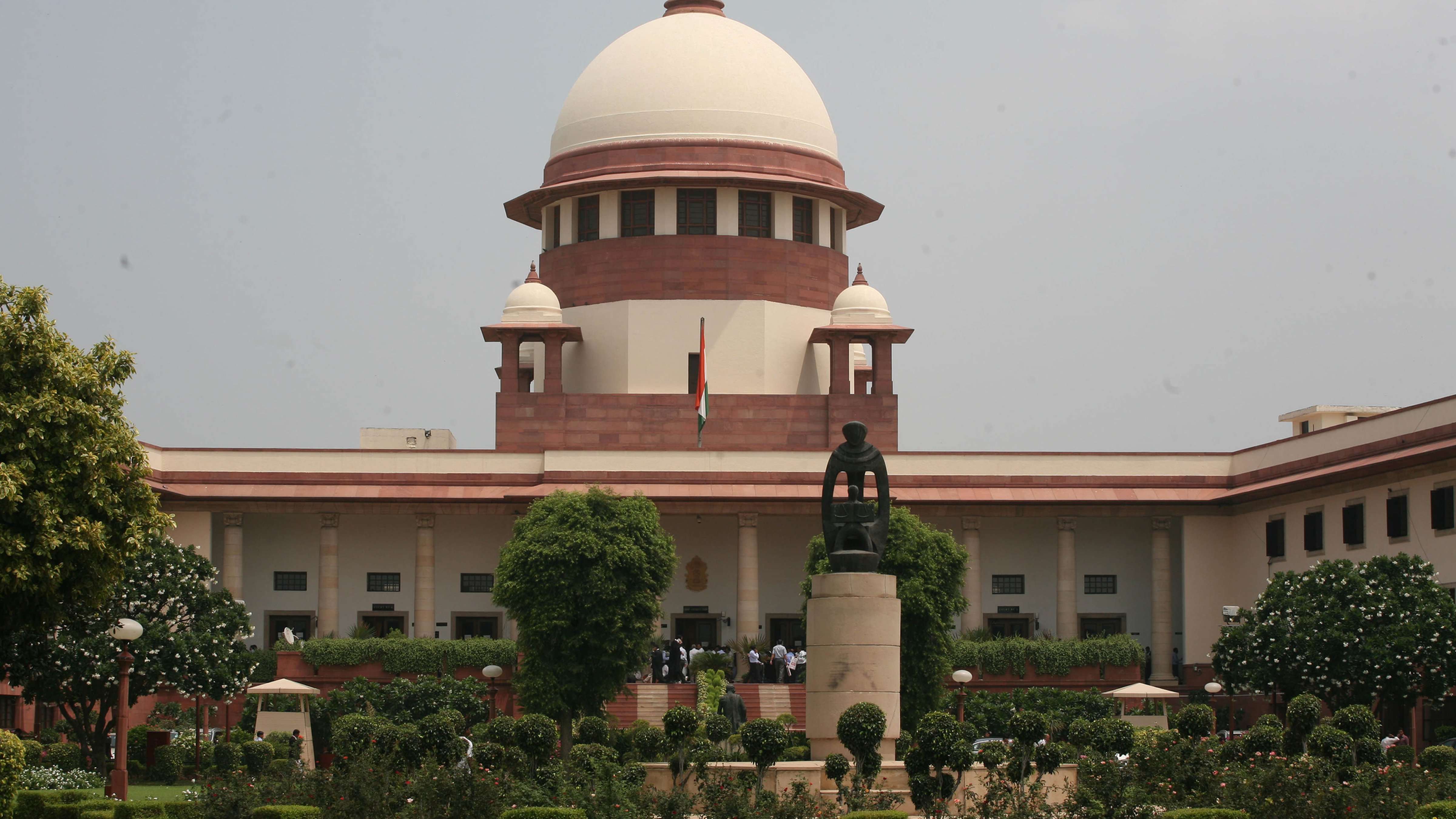The Supreme Court on Tuesday granted the Centre two weeks to evolve a proper mechanism to prevent prolonged incarceration of illegal migrants at detention centres.
A bench of Chief Justice Ranjan Gogoi, Justice L. Nageswara Rao and Justice Sanjiv Khanna asked the government to examine, among other things, the suggestion of having GPS-monitored bracelets put on the wrists of “foreigners” to prevent them from escaping to other states until they are deported to their countries of origin.
The suggestion for GPS-monitored bracelets was made by advocate Prashant Bhushan, appearing for PIL petitioner Harsh Mander, a former civil servant and human rights activist, who submitted that the US follows this practice to track down illegal foreign nationals until their deportation instead of incarcerating them.
The bench passed the direction after expressing displeasure at the response filed by the Centre on the steps taken to deport “foreigners”, particularly from Bangladesh.
“How do you expect people to have confidence in the government?” Gogoi asked solicitor-general Tushar Mehta, who appeared for the Centre.
The bench posed the query after Mehta failed to explain what measures have been taken so far to deport the 52,604 persons declared illegal migrants by foreigners tribunals over the past decade.
Pursuant to an earlier directive, Mehta submitted in the court on Tuesday that at present there are six detention centres in Assam, in which 939 persons are detained, including 823 foreign nationals, some of whom have been convicted and have also served varying sentences for overstaying their visa limits.
On January 29, the court had directed the Union and Assam governments to furnish details relating to the number of detention centres and persons declared foreigners in the state and the steps taken for their repatriation in the past decade. The directions were passed while dealing with the PIL, which brought to the court’s notice alleged inhuman conditions under which the illegal migrants were detained.
The bench also pointed out that though the government claims to have pushed back 27,000 “foreigners”, there was no mechanism to prove that the pushback had worked and and that these people had not re-entered the country.
Gogoi also suggested that until proper steps are taken to deport the foreign nationals, the government could consider giving them “refugee status”. However, Mehta strongly objected to the suggestion. “Those who are illegal migrants have to go,” he said.
Gogoi said the government must take expeditious steps to deport illegal foreigners but at the same time ensure that if they are put in detention centres, it should be for only “a minimal point of time” and not 9-10 years as is being done at present. “He (foreigner) does not lose his human rights. He is said to be living in sub-human conditions, deprived of all kinds of rights,” he said.
Mehta said the government intends to evolve a suitable deportation mechanism after consultation with the external and home ministries. The bench then adjourned the matter till March 13.











